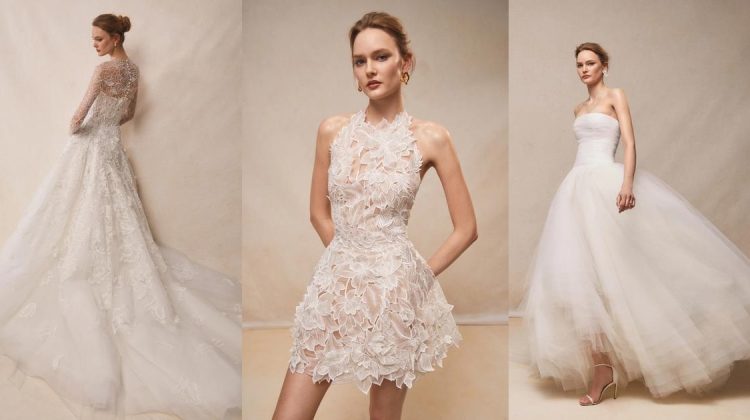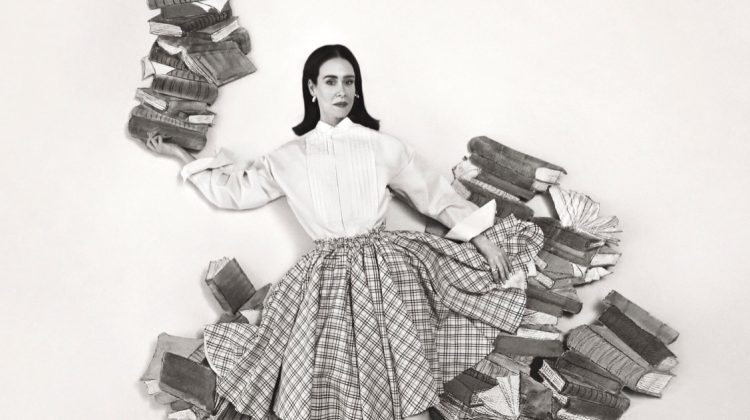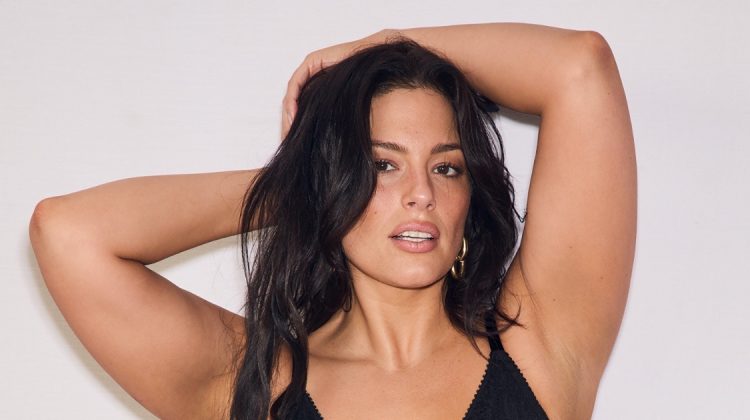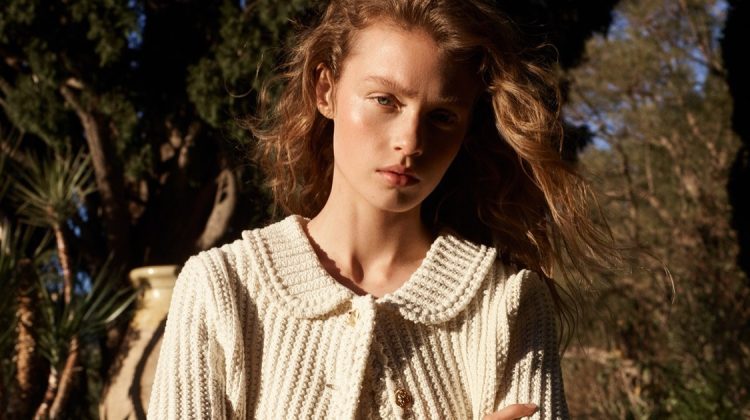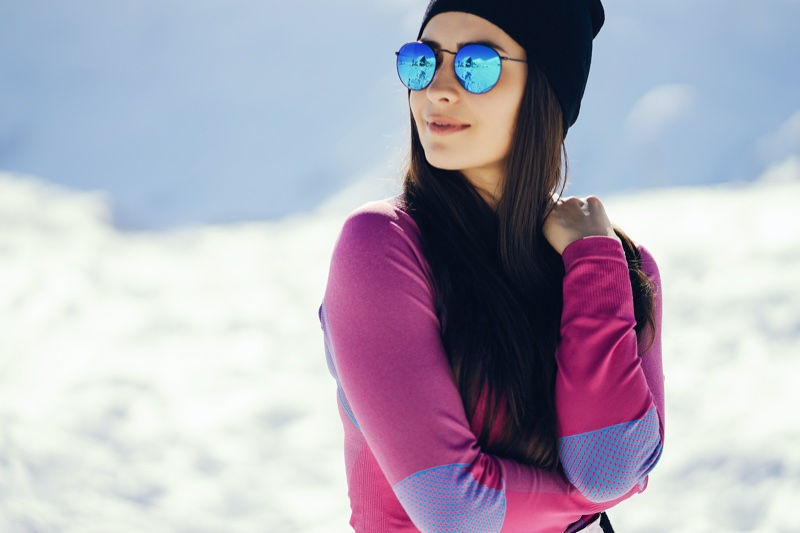
Sunglasses are a non-negotiable in the summer wardrobe, right up there with shorts and sandals. And it makes sense! The UV index — that is, the strength of sunburn-causing ultraviolet radiation each day — is the highest in the spring and summer. That means the rays are much brighter and much more likely to cause glare and prevent you from being able to see very well without a pair of shades.
But the reality is that you should still be wearing those polarized lens sunglasses in the cold-weather months as well. Just like sunscreen and UPF protective clothing, sunglasses can help prevent irreversible damage to the eyes caused by harmful UV rays. UV rays are ever-present throughout the year, regardless of temperature or season, so it’s important to know the risk factors and take steps to prevent them. Here are some reasons why you shouldn’t skip the seasonal shades.
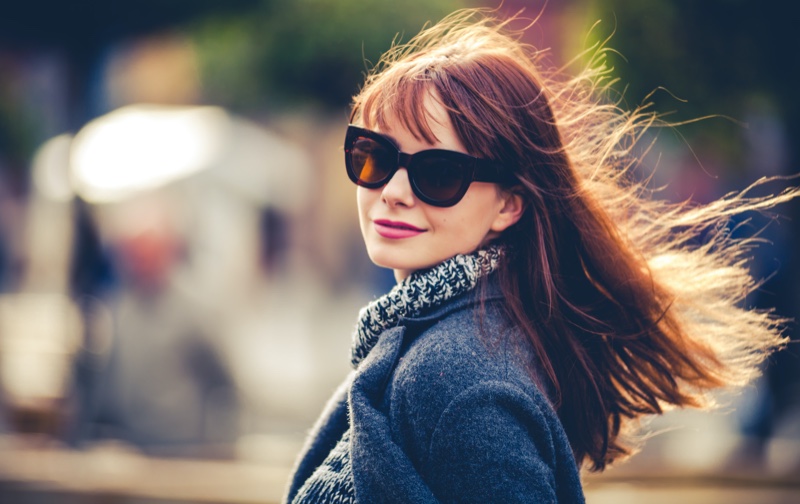
They Protect Against Photokeratitis
Anyone who lives in a snowy climate knows that the fresh, white powder is as beautiful as it is bright. The glistening white snow and ice act like a gigantic mirror for the sun, reflecting light back to your eyes and causing a condition called photokeratitis (also known as snow blindness during the winter). Photokeratitis is a serious condition that can lead to burns to the cornea and conjunctiva, not to mention cause you to lose vision temporarily.
You may also experience pain, redness, blurriness, headache, halos, twitching, swelling, and sensitivity due to photokeratitis. Wearing polarized lenses to help lessen glare and filter out UV rays can help. The brightness can also cause eye fatigue when trying to focus on close-up objects, but a good pair of reading sunglasses can help. You can still enjoy the beauty of the snow with a good book on the porch or hot tub, as long as you’ve got the right shades!
They Protect Against Long-Term Eye Damage
The UV index may be higher in the summer, but that doesn’t mean it disappears altogether in the fall and winter. In fact, you still risk sunburn and UV radiation damage on cloudy winter days. The risk exists everywhere, but it’s especially heightened in snowy and high-altitude regions due to the brightness of the snow and ice and the closer proximity to the sun.
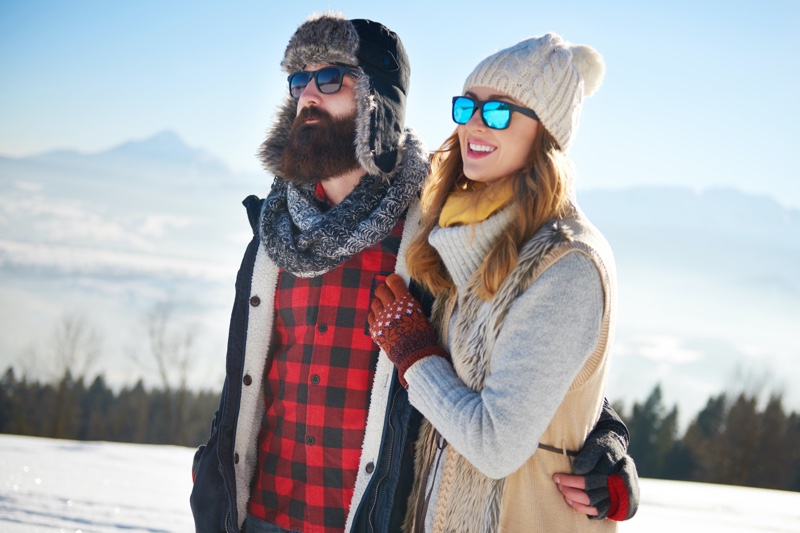
Just as it’s not good for your skin, too much exposure to UV rays is not good for your eyes. In fact, sun exposure can increase your risk for a wide range of eye conditions, no matter the season. Even a small amount of long-term exposure to UV rays is not good for your eyes, leading to an increased risk of cataracts and macular degeneration. Cataracts cause cloudy vision, blurriness, and haziness, while macular degeneration causes blurry and lost vision.
While these conditions can be treated with medication and surgery, they are not temporary and tend to worsen over time. Wearing sunglasses year-round, including in the winter, is an excellent way to keep your eyes protected from the damaging UV rays that cause permanent eye damage.
They Help You See Better
Wearing sunglasses while driving, skiing, snowboarding, snowmobiling, or hiking in the snow is critical to keeping your frame of vision totally clear. As we’ve already mentioned, bright snow and ice can cause serious glare. In truth, snow reflects up to 80 percent of the sun’s UV light (water reflects less than 10 percent). That means that it’s very easy to lose vision temporarily while enjoying your favorite winter sports. This can be dangerous and leave you vulnerable to accidents in some scenarios.
In addition to preventing blindness due to glare, sunglasses can also help prevent snow and freezing rain from getting in your eyes. Of course, if you’re engaging in any high-speed activities such as skiing, snowboarding, or snowmobiling, you’ll want to make sure you have a pair of UV protective goggles with an air-tight seal so that snow, sleet, and cold air don’t get in the sides of your lenses.

They Keep You Looking Stylish
We’d be remiss if we didn’t mention the inherent cool factor of rocking a pair of shades, especially when it’s the least expected! There are so many stylish pairs of sunglasses for women and men that it’s easy to get carried away and build out a collection for every season. Go for classics like black and tortoiseshell in the winter, or punch it up with a fun-colored frame in the summer. You can even match your sunnies to your scarf, hat, and gloves.
The Best Sunglasses for Winter
With all of this in mind, what should you look for when shopping for winter shades? Because of the higher risk for glare, it’s important to choose a pair of polarized sunglasses to wear in the winter. This will help prevent the temporary loss of vision due to the sun’s reflection off the bright white snow and ice. It would be best if you also considered choosing a pair that blocks 99.9 percent of all UVA/UVB rays to ensure that no harmful sun rays reach your eyes in the winter. Lightweight, durable frames are important for those who tend to stay active in the cooler months.
Don’t Skip the Winter Shades
Ultimately, your best bet in protecting your eyes against the damages of the sun and cold is to wear sunglasses all year round. Not only will they help keep your vision clear, but they’ll also protect your eyes from complications such as cataracts and macular degeneration and keep them in great health for the long term. Pick up a pair of comfortable, glare-resistant sunglasses to add to your winter wardrobe!

